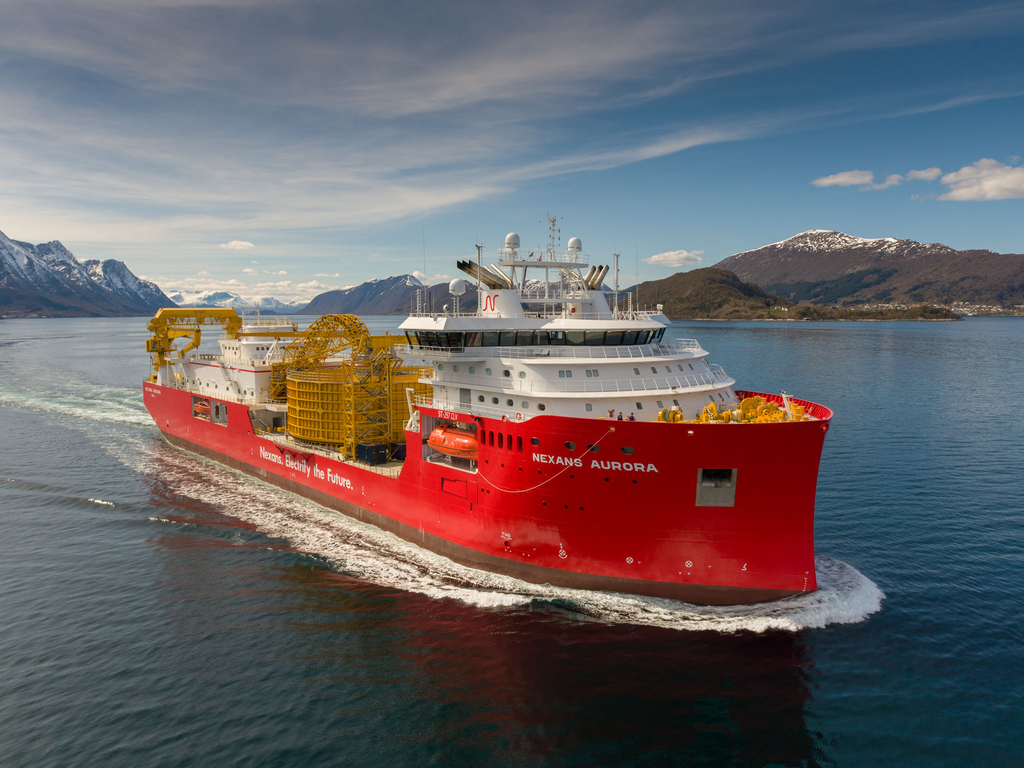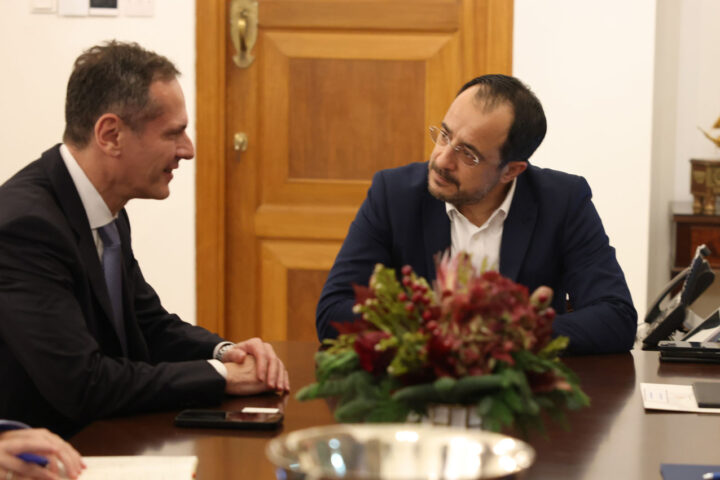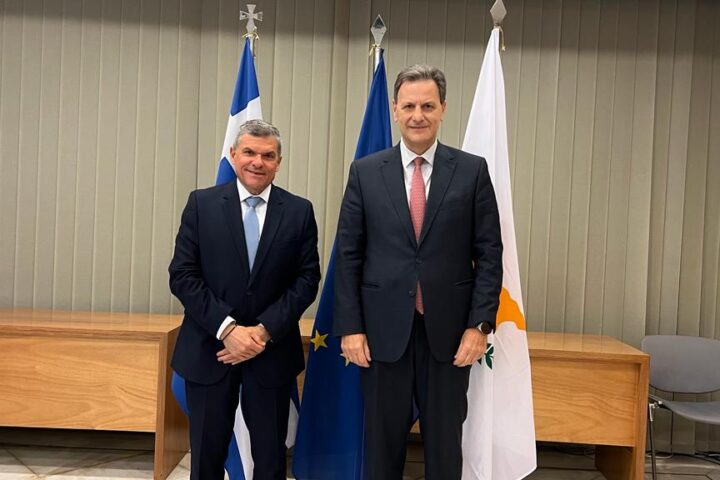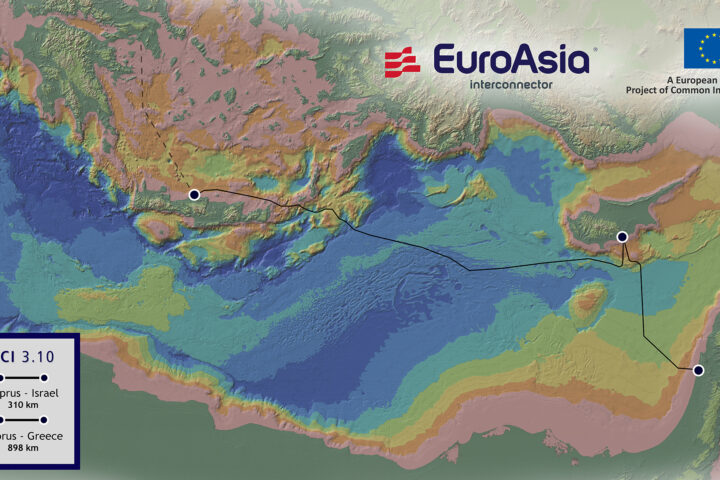Nexans Norway AS has been named the preferred bidder for supplying and installing the EuroAsia Interconnector’s 1,208km subsea high-voltage DC cable.
The EU-funded project, connecting the national electricity grids of Israel, Cyprus, and Greece, has secured €757 mln in European funding, primarily from the ‘Connecting Europe Facility’, as it is a ‘project of common interest’ (PCI3.10).
Described as an ‘energy highway’, this will end the energy isolation of Cyprus and contribute towards more efficient and cheaper electricity generation achieved through cross-border cooperation on renewable energy.
The 1,000MW infrastructure is well-timed for European consumers as its implementation with the REPower EU plan to break free from Russian energy and find new sources and supply routes for natural gas and green electricity.
It is also a landmark project for the European Commission, with EC President Ursula von der Leyen calling it “the longest and deepest electricity link in the world”, reaching unforeseen depths of 3,000m below the Mediterranean.
EuroAsia Interconnector stated Monday that it “selected Nexans Norway as the preferred bidder for the award of the contracts for the Engineering, Procurement, Construction, and Installation of the two HVDC Cable Systems, Pole 1 and Pole 2, for the Cyprus – Greece (Crete) Link of Stage 1, 1000MW of the EuroAsia Interconnector.”
The company has also selected Siemens as the preferred bidder for constructing the HVDC converter stations in Kofinou, Cyprus and other points along the interconnector route.
Part of the ‘Green Deal’
This is a 2,000MW-capacity multi-terminal interconnector which ensures the security of supply for Israel, Cyprus and Greece and creates a reliable green interconnector for Europe.
It significantly reduces CO2 emissions and serves the vision of the European Commission’s Green Deal.
Last week, energy regulators from Cyprus, Greece, Israel and Egypt met in Larnaca.
They said the new reality that determines the geopolitics and energy markets creates opportunities for projects such as the EuroAsia Interconnector and the parallel Cyprus-Egypt electricity link.
Nicosia highlighted the importance and necessity of key infrastructure projects, such as the Israel-Cyprus-Greece and Egypt-Cyprus electricity interconnections.
Cyprus believes these electricity links strengthen energy security, end the island’s energy isolation, supporting efforts to eliminate carbon emissions while allowing faster integration of RES in the energy mix of neighbouring countries.









